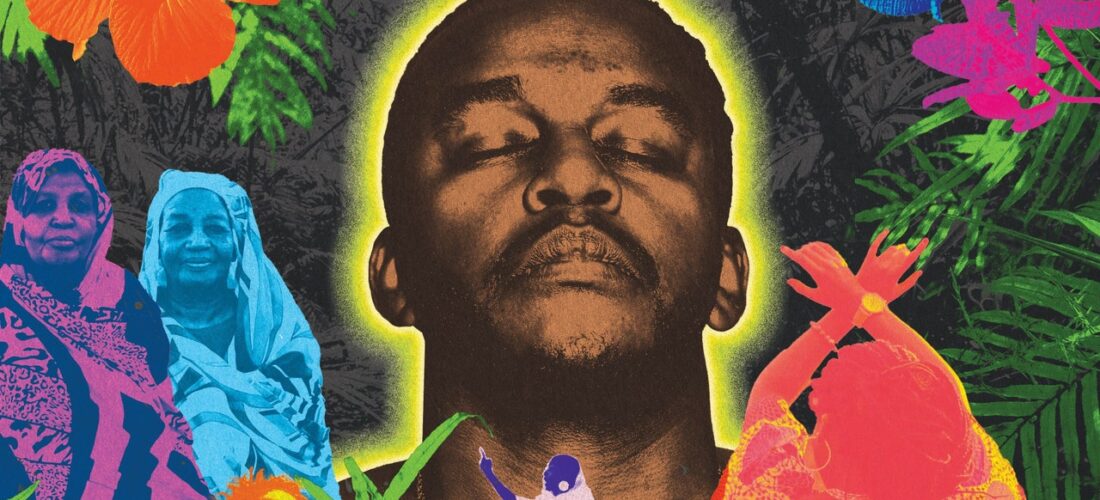On his new album, Ahmed Gallab, the Sudanese-born, New York-based multi-instrumentalist behind Sinkane, embodies the sense of deep pain and great joy that powers the sound of Black liberation. From the earliest spirituals to the first civil rights songs, the uplifting power of gospel to the cathartic energy of funk, Black music resonates with this profound duality, serving as a fundamental tool of resistance—a loud, proud refusal to comply with the expectations of a world that seeks to oppress. On We Belong, Sinkane uphold this legacy, smashing through constraints with revolutionary exuberance. The fact that so many civil rights anthems remain as relevant today as they were in the 1960s could be cause for sorrow, but Gallab chooses to celebrate the beauty in the struggle—most of all, the role of community and togetherness in driving it forward.
Sinkane’s albums all exude positivity, starting from the sunlit, breezy grooves of Mars (2012) and Mean Love (2014), which drew on Sudanese pop, ’70s funk, and electronica to give shape to the borderless sound that has come to define Sinkane. Gallab sharpened his focus on Life & Livin’ (2017), engaging more deeply with issues afflicting the world around him; on 2019’s Dépaysé, he explored his identity and the complexities of growing up as “an outsider” while reiterating messages of hope and unity. Thematically, then, We Belong is no great departure. Yet it feels grounded in a way that Sinkane’s previous albums were not, its joy less rooftop party, more radical and transformative. Opener “Come Together” lays out the core theme, urging those who feel they don’t belong to do just as the title suggests. “Greater than a sum of parts/There’s a better life to be,” Gallab belts over a swell of surging synths, as the word “Africa” rings out in a robotic drawl, transforming the track into a George Clinton-esque pan-African anthem.
We Belong is Sinkane’s most collaborative album to date, welcoming luminaries like soul singer Bilal and the late jazz multi-instrumentalist Casey Benjamin. It especially draws on “a specific kind of Black musical community” centered around New York, Gallab said in a statement. Many of the featured vocalists, such as Ifedayo Gatling (of the Harlem Gospel Travelers), Tru Osborne, and STOUT, have roots in gospel. The title track, co-written by Gallab and Amanda Khiri, channels the transcendent joy of Black church music through call-and-response vocals and an earth-shattering performance by STOUT. Together, they offer up P-funk extravagance, a call to freedom, and a few words borrowed from Alexander Pope: “Be yourself, free your mind/To err is human/To forgive divine.”
